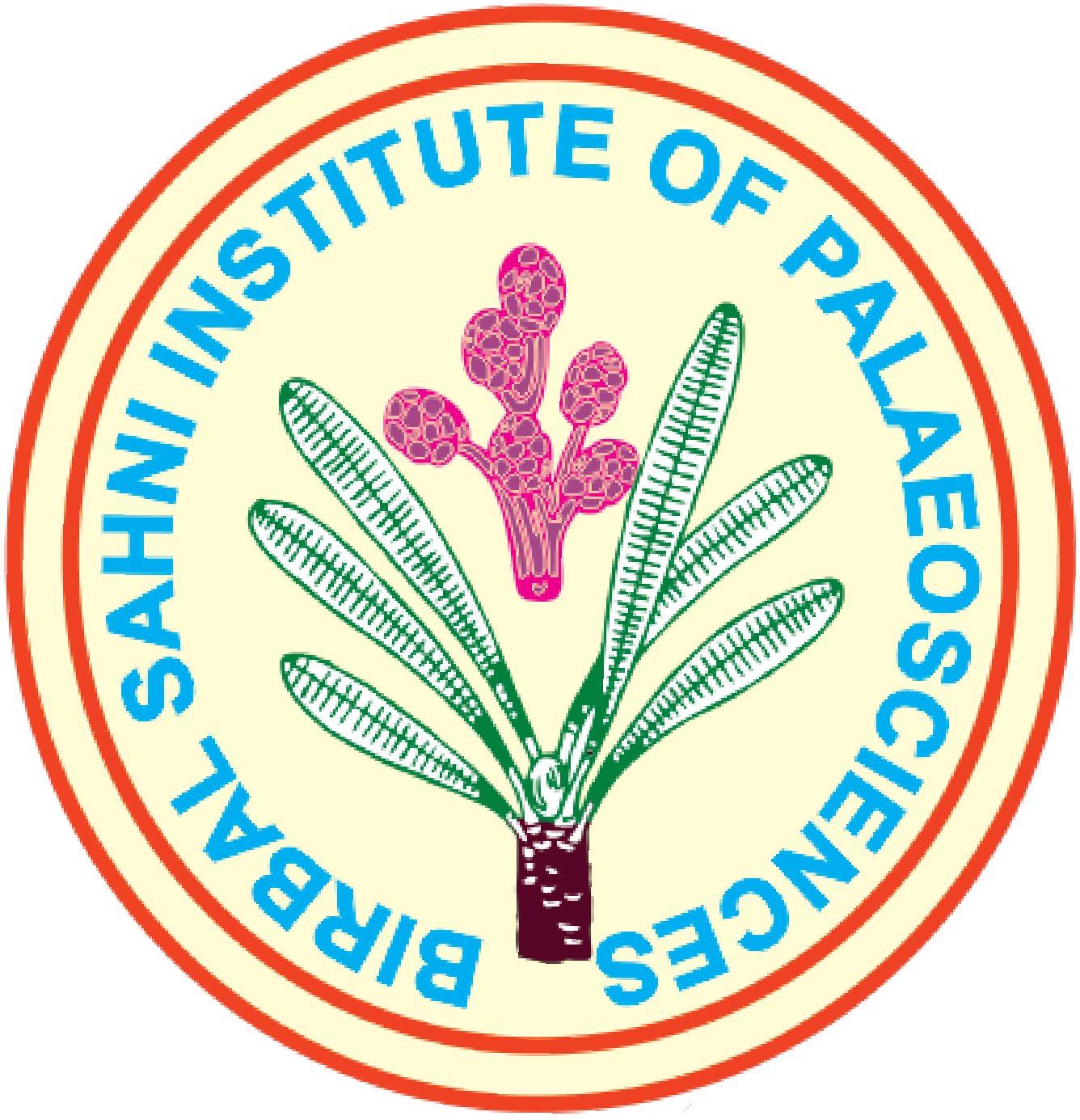Pollen and spore from Neyveli Lignite, South India
DOI:
https://doi.org/10.54991/jop.1961.609Abstract
The paper describes some fossil pollen grains and spores from the Neyveli lignite. The fossil grains have been compared to their nearest modern equivalents. The families to which the fossil sporomorphs belong are Caprifoliaceae, Cruciferae, Gentianaceae, Labiatae, Meliaceae, Ranunculaceae, Santalaceae, Gramineae, Liliaceae and Polypodiaceae.
Downloads
Metrics
References
Cookson IC & Pike KM (1954). Some dicotyledonous pollen types from Cainozoic deposits in the Australian region. Austr. Jour. Bot. 2: 197-219.
Erdtman G (1943). An Introduction to Pollen analysis. Waltham, Mass. U.S.A.
Ghosh AK (1955). South Arcot Lignite. Ind. Min. Jour.: 19.
Rao AR (1955). Some observations on Pollen found in Indian Tertiary lignites. The Palaeobotanist 4: 57-59. https://doi.org/10.54991/jop.1955.470
Rao AR & Vimal KP (1950). Plant micro-fossils from Palana lignite (? Eocene), Bikaner. Curr. Sci. 19: 82-84.
Rao AR & Vimal KP (1952a). Tertiary pollen from lignites from Palana (Eocene), Bikaner. Proc. Nat. Inst. Sci. India 18(6): 596-601.
Rao AR & Vimal KP (1952b). Preliminary observations on the plant microfossils contents of some lignites from Warkallai in Travancore. Curr. Sci., 21: 302-305.
Vimal KP (1952). Spores and Pollen from Tertiary lignites from Dandot, West Punjab (Pakistan). Proc. Indian Acad. Sci. 36: 135-47.
Vimal KP (1953). Tertiary spores and pollen from Warkallai lignites, Travancore. Proc. Indian Acad. Sci. 38: 195-210.
Wadia DN (1953). Geology of India. London.
Downloads
Published
How to Cite
Issue
Section
License

This work is licensed under a Creative Commons Attribution-NonCommercial 4.0 International License.









